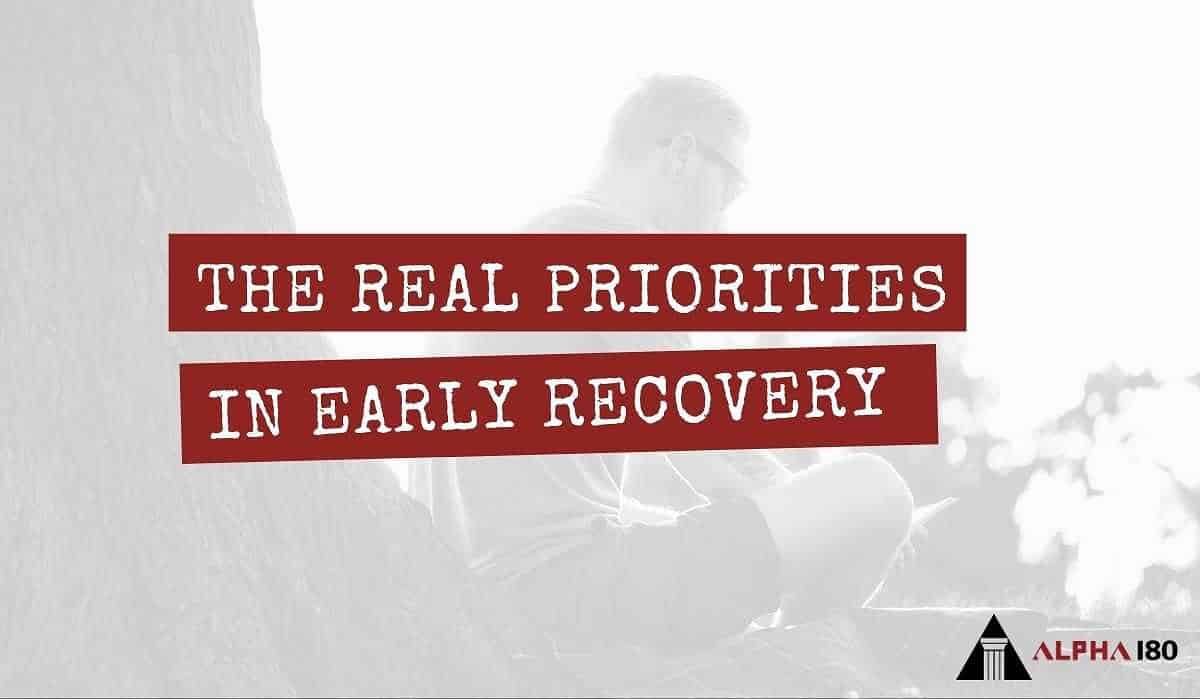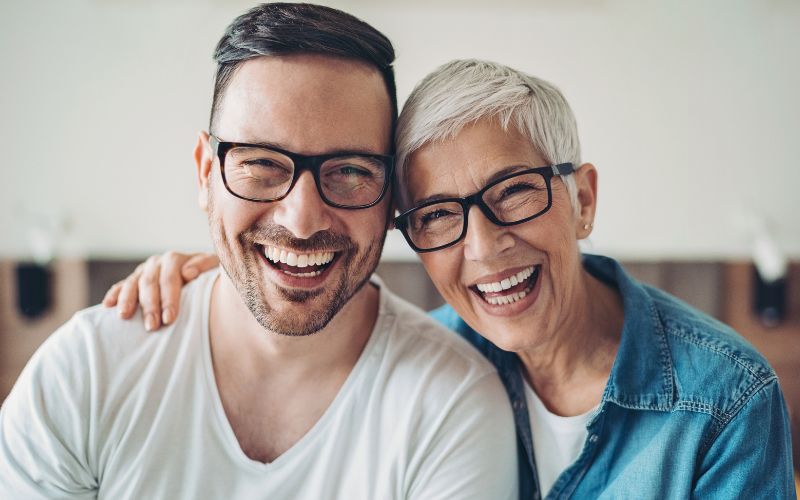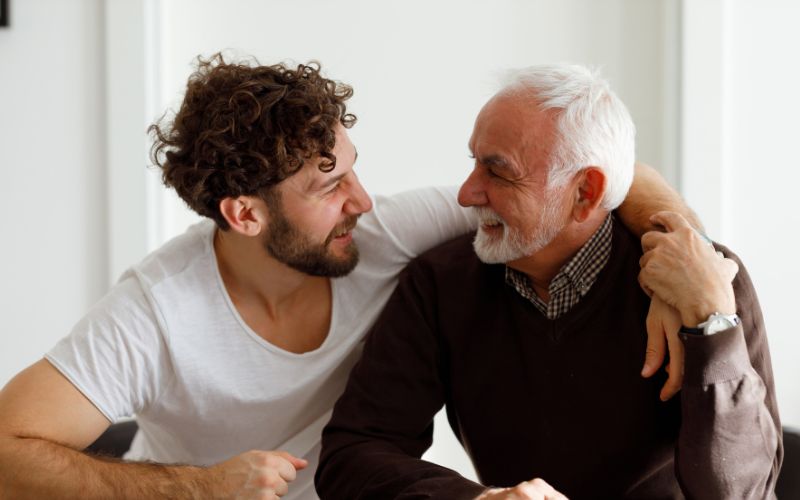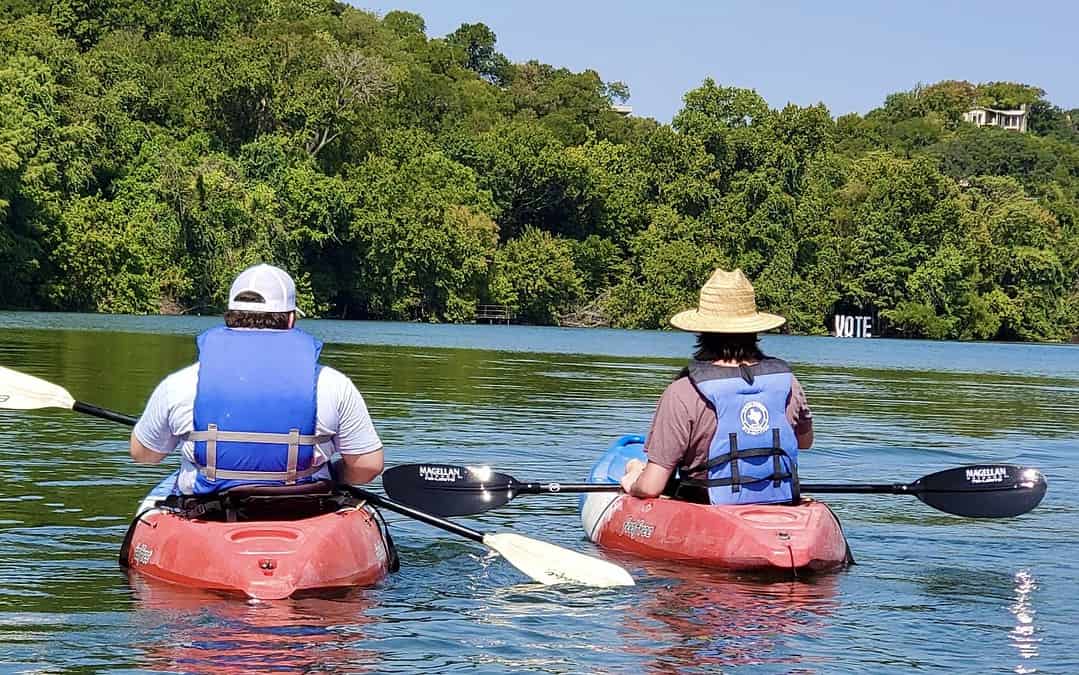The goal for every parent is to see their child grow into a confident, capable, content adult. Setting addiction and mental health issues aside, the transition into young adulthood is tumultuous to say the least.
Navigating independence, developing functional life skills, establishing one’s identity, and determining an academic or career path are just a few of the items on the to do list. For young adults in early recovery, you can add in learning to manage emotions without previous coping mechanisms, establishing new friendships, grieving life as you knew it, and probably moving to an entirely new place.
Once the crisis of active addiction has been mitigated it’s easy to feel like the worst is behind us and it’s time to “get back” to life. However, for young adults in early recovery there is no former life experience to “get back” to. Everything is brand new.
Building Skills and Relationships: The First Real Priorities in Early Recovery
Not uncommonly, during the transition to aftercare parents (and their young adult children) may be anxious to catch up with school or other life goals. However, the real priority at this stage of the process is building the skills and relationships necessary for enduring recovery.
These include making friendships with like-minded healthy peers, establishing a support network in sobriety, and gaining life skills. Before a student can succeed in the classroom, they must learn to show up on time, listen thoughtfully, prioritize tasks, manage their time, and ask for help.
The problem is that young people may not learn all these skills on our timeline. Jumping back into school may give the false impression that progress is happening, but it will be short-lived without the accompanying maturity and operative skills.
It’s important to remember how many areas your young adult is currently focusing on growing in. Parenting a young adult is scary as we learn to let go, trust the process, and shift our focus to our own healing as they focus on theirs. These are the true priorities of early recovery – if we want it to last.
By Nico Doorn, M.Ed.






